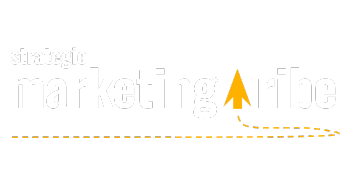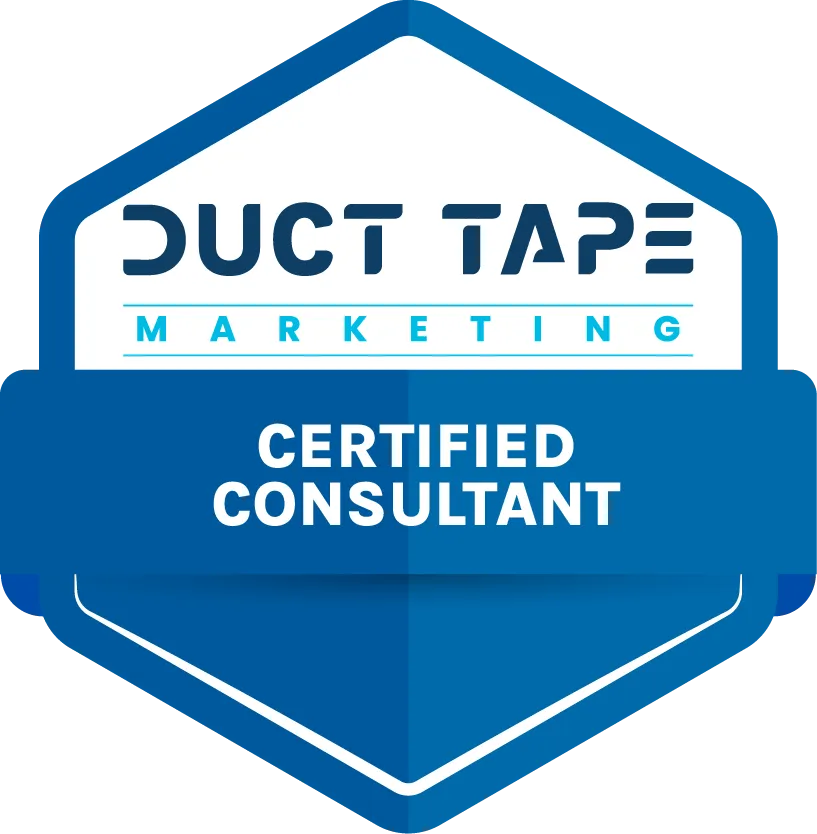STORY, MEET STRATEGY
Let’s make marketing feel less robotic and more real.
Find resources that bring your message—and your business—to life.
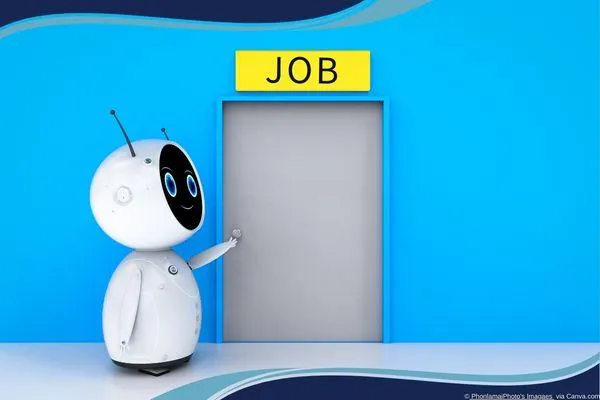
AI Will Make the Rich Richer—But It Might Also Backfire Spectacularly
By Vicky Sidler | Published 29 September 2025 at 12:00 GMT+2
If your instinct says, “AI is just helping big companies cut corners,” Geoffrey Hinton might agree. But he also thinks the corner-cutting could eventually gut us all.
In a recent Financial Times interview, Hinton—Nobel-winning computer scientist known as the “Godfather of AI”—warned that AI will make a handful of people much richer and most people poorer.
That doesn’t mean the rest of us should give up. But it does mean we need to stop pretending AI is always good, always helpful, or always what customers want.
Especially when you run a small business.
TL;DR:
AI is smart, but not human
It’s being used to replace workers and cut support costs
Hinton says this will widen the wealth gap and damage society
Replacing humans completely will backfire (and already has)
Smart businesses use AI to assist—not replace—human trust
👉 Want to make sure your message still builds trust? Download the 5-Minute Marketing Fix
Table of Contents
AI Will Make the Rich Richer—But It Might Also Backfire Spectacularly
Hinton Says AI Is Coming Fast—and It’s Not Friendly:
Replacing People Doesn’t Make the Experience Better:
Big Tech Is Building for Themselves, Not You:
AI Doesn’t Have to Be a Problem—If You Stay in Control:
1. AI Replacing Humans in Customer Service Is a Sludge Problem
2. The StoryBrand Guide Name Is Back—and Here's Why It Matters
3. Aviatrix CMO Says AI Handles 80% of Their Marketing Work
4. Most People Can’t Spot AI Ads—Why That Matters for Your Brand
5. AI Marketing Trust Gap Widens as Consumers Push Back
FAQs About AI, Inequality, and Small Business Strategy
1. What did Geoffrey Hinton mean when he said AI will make the rich richer?
2. Is AI really replacing people in small businesses?
3. Should I stop using AI completely?
4. How do I know if I’m using AI the wrong way?
Hinton Says AI Is Coming Fast—and It’s Not Friendly:
Geoffrey Hinton helped invent the neural network technology that powers tools like ChatGPT. Now he’s warning that AI is accelerating faster than most people realise—and governments aren’t ready.
He told FT:
“It’s going to create massive unemployment and a huge rise in profits.”
That may sound like standard disruption. But Hinton believes it will go deeper. Tech companies will use AI to eliminate people, not just support them. And the result? A small group of billionaires at the top. Everyone else scrambling.
This matches what we’ve already seen in AI customer service, AI marketing campaigns, and corporate strategy. The AI may be smart—but the experience for real humans? Often a complete mess.
Replacing People Doesn’t Make the Experience Better:
In theory, AI helps brands move faster. In practice, it often makes things worse.
You’ve probably seen this firsthand—or read my take in AI Replacing Humans Backfires.
Here’s what we know:
Brands swapping out human support for bots usually end up with higher complaint rates, worse retention, and lower trust
AI-generated marketing content sounds polished but often feels hollow or repetitive
Legal, ethical, and brand risks increase when human oversight disappears
Even Hinton says that when AI becomes "much smarter than you", it’s unclear how anyone retains control. His best-case scenario? We build AI systems that act like nurturing mothers.
That’s... optimistic.
Big Tech Is Building for Themselves, Not You:
Hinton points out that Silicon Valley isn’t designing AI for the average business owner. They’re optimising for returns, not relationships.
He says China may regulate AI better—not because they’re nicer, but because they understand it. Their politicians are engineers. Ours are lawyers with tech advisors on speed dial.
So no, you probably can't count on regulation to keep things fair. You need to manage AI on your own terms.
Ask yourself:
Does this tool help my business say something meaningful?
Or am I using it to cut costs and avoid thinking?
AI Doesn’t Have to Be a Problem—If You Stay in Control:
This doesn’t mean AI is useless. I use it. So does Hinton.
He uses ChatGPT for research and appliance repair. I use it to test drafts, brainstorm hooks, and build marketing systems that don’t eat my entire week.
But I don’t use it to replace my voice, my trust, or my relationships.
That’s why I built the 5-Minute Marketing Fix. It’s a tool to help you write one powerful sentence that anchors your message—so that no matter what AI tools you use, your content still feels like it came from a real person.
Related Articles:
1. AI Replacing Humans in Customer Service Is a Sludge Problem
If you're wondering whether Hinton’s fears are already playing out in the real world, this post has the receipts. It shows how AI-powered support often slows things down, frustrates customers, and quietly damages trust.
2. The StoryBrand Guide Name Is Back—and Here's Why It Matters
This isn’t just about a name change. It’s a reminder that people still want human connection in business. If you care about keeping your brand authentic, this is a quick, smart read.
3. Aviatrix CMO Says AI Handles 80% of Their Marketing Work
Think 80% AI-powered marketing sounds efficient? This post breaks down what happens when companies go all-in—and what that means for brands trying to stay human.
4. Most People Can’t Spot AI Ads—Why That Matters for Your Brand
People often can't tell when content is AI-generated, but that doesn’t mean they trust it. Read this to learn why clear messaging still matters more than clever tools.
5. AI Marketing Trust Gap Widens as Consumers Push Back
AI can help you move faster—but not if your audience feels uneasy. This article explains where the trust gap is widening and how to close it before it costs you.
FAQs About AI, Inequality, and Small Business Strategy
1. What did Geoffrey Hinton mean when he said AI will make the rich richer?
He meant that large companies are using AI to replace human workers, boost profits, and reduce costs—while everyone else loses income and opportunities. The technology itself isn’t evil, but the way it’s being used reinforces inequality.
2. Is AI really replacing people in small businesses?
In some cases, yes—but it’s often a mistake. Many small brands try to automate too soon, especially in customer service. That usually backfires. Bots don’t build trust the way humans do, and poor automation leads to lost customers.
3. Should I stop using AI completely?
Not at all. Tools like ChatGPT can help with research, content drafts, and marketing structure. The key is to use AI to assist your message—not replace the thinking, care, or trust-building that make your brand work.
4. How do I know if I’m using AI the wrong way?
If it’s saving time but costing you connection, you’ve gone too far. Ask: Is my message still clear? Does it still sound like me? Would I trust this if I saw it from another brand?
5. Can AI ever replace human trust in marketing?
No. It can support your strategy, but it can’t replace genuine relationships. People trust people. Brands that over-automate often lose the emotional connection that keeps customers loyal.
6. What can I do right now to stay grounded while using AI?
Start with a clear, human message. One sentence that captures who you help and why it matters. That way, every tool you use—AI or not—still reflects what makes your brand real.
👉 Need help writing that sentence? Grab the5-Minute Marketing Fix and get clear fast.
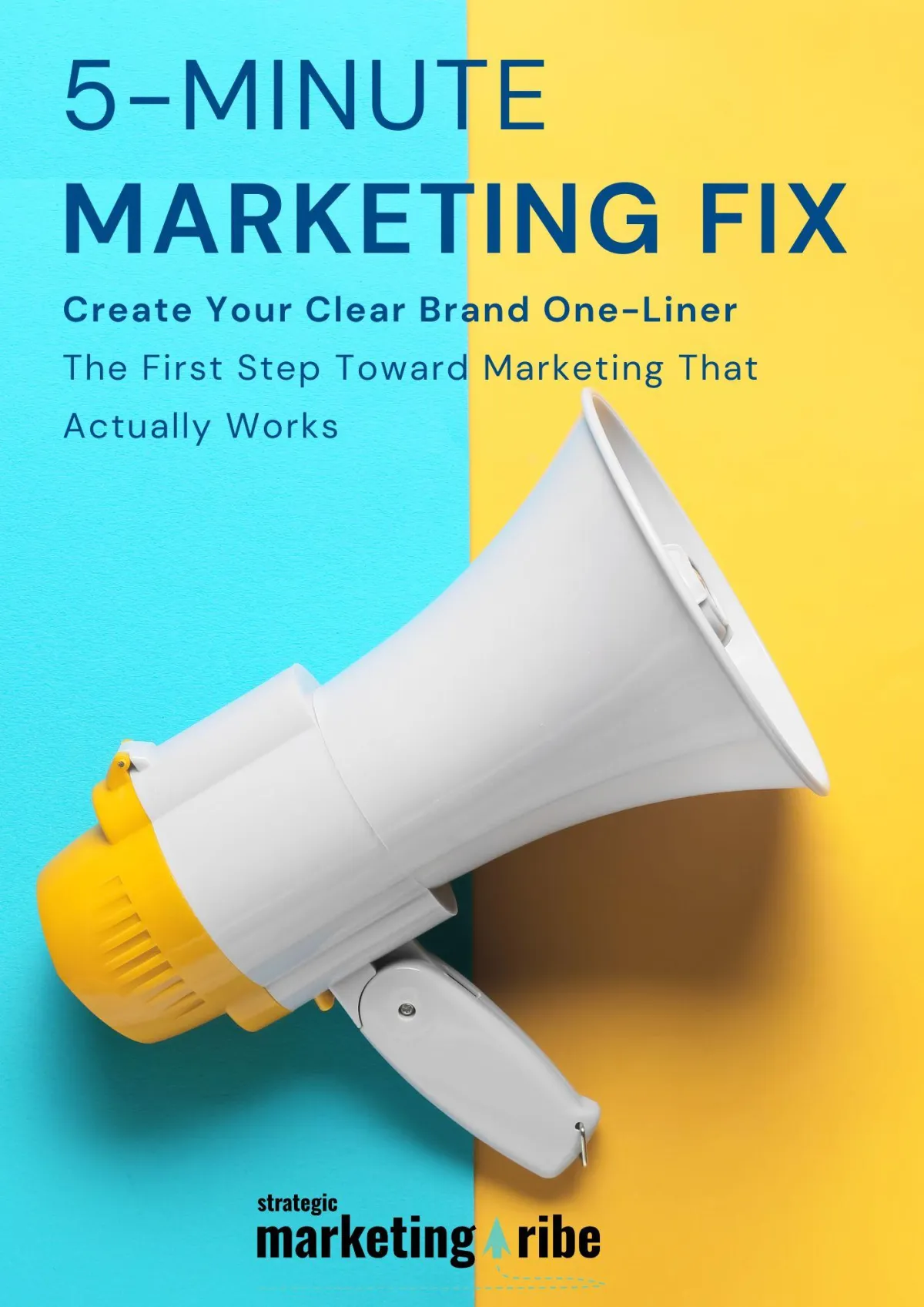
Created with clarity (and coffee)
